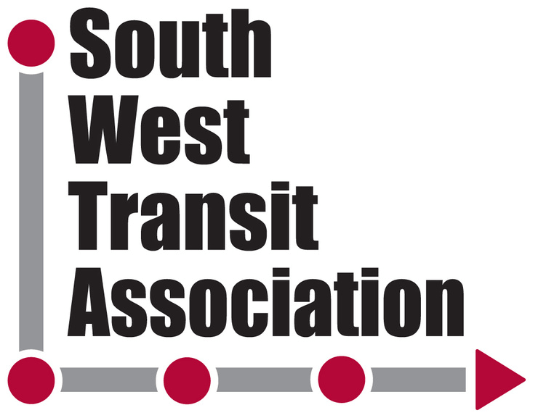Vanpool fleets and riders have a variety of vehicle options to use in their commute programs. Typically vanpool vehicles need at least 6 seats to be classified as a commuter highway vehicle and qualify for IRS transportation fringe benefits. Vanpool vehicles are typically class B vehicles which don’t require a commercial drivers license to use.
Building a new Vanpool Fleet
Vanpool operators have a number of options when building a fleet from scratch. Operators can purchase their own vehicles and manage their fleet directly or lease vehicles as needed.
Leasing your Vanpool Fleet
Leasing vanpool vehicles can cut down on the initial expense and allow vanpool programs to rollout new routes and vehicles as interest and awareness increases. Many vanpool leasing providers will handle vehicle ownership (registration and insurance) as well as on-going maintenance for the vans – including roadside assistance and regularly scheduled maintenance.
Vanpool Leasing Options
Organizations may still be eligible for funding and assistance when leasing vanpool vehicles. Leasing can also flexibility while your program is starting out and growing as you can add or reallocate vehicles as new routes start.
Owning your Vanpool Fleet
Purchasing your own vanpool vehicles can be more capital-intensive but it enables greater control and customization of your individual vehicles and overall fleet.
Operators can pick vehicles with the appropriate drivetrain for their needs (conventional ICE, hybrid, compressed natural gas, or battery electric). Fuel costs, purchase incentives, and environmental mandates will all factor into which drivetrain makes the most sense for your fleet. Fortunately many manufacturers and upfitters offer multiple drivetrain options.
Popular Commerical Passenger Vans
Purchasing your own fleet also allows for customization of the van interior and additional features. Operators can select the seat layout and additional amenities such as cupholders, laptop and Wifi support, boarding authentication and more. Operators can also equip accessibility features such as wheelchair lifts and wide doors with low floors for ease of entry.
Upfitters and Custom Van Options
Fleet owners will have to handle registration, insurance, and on-going maintenance of the purchased vehicles. For larger fleets owning may help reduce overall costs due to volume discounts, self-insurance, and ease of maintenance if all vehicles share common components.
Launching Your Vanpool Program
Once you’ve procured vehicles for your vanpool fleet you can begin sourcing and building your routes and areas of service and then reach out to riders to launch your pools.
MagicBus makes it easy to survey potential riders about their commute preferences and develop vanpool routes and schedules that best fit your community. Learn more about the MagicBus platform including our rider-friendly app and reporting dashboard.
Interested in learning more about rebuilding or starting a new vanpool program? Get in touch with the MagicBus team for a demo of our vanpooling platform and learn more about how to build your fleet.



